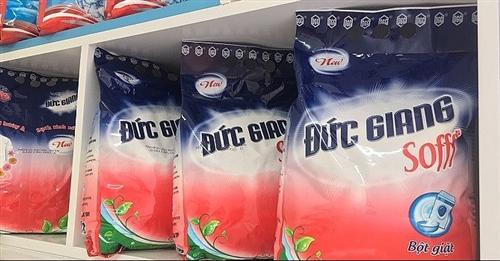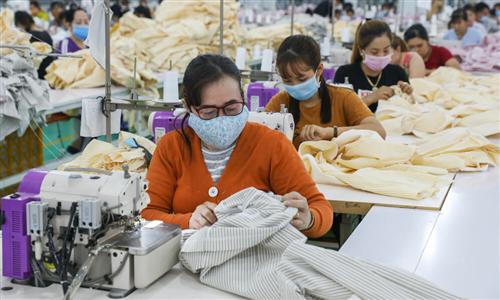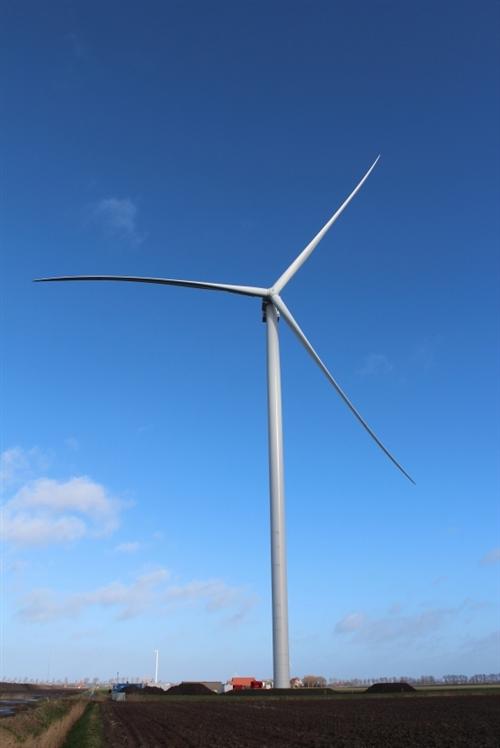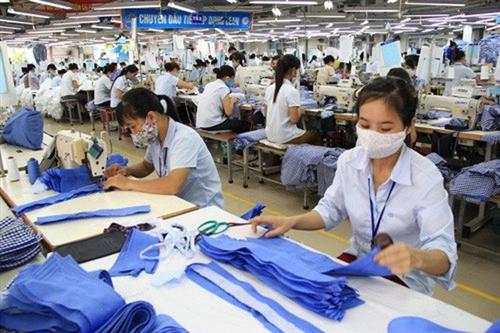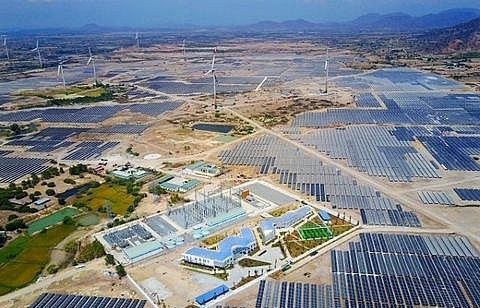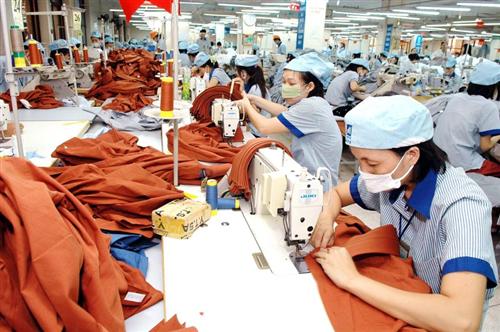Vietnam puts food security at top priority during Covid-19 pandemic
Vietnam puts food security at top priority during Covid-19 pandemic
If Vietnam continues to export rice with the same pace as it did in the first two months of 2020, the country may face a shortage of essential food.
Vietnam needs to control rice exports as food security is the top priority during the Covid-19 pandemic, according to Vice Minister of Industry and Trade Tran Quoc Khanh.
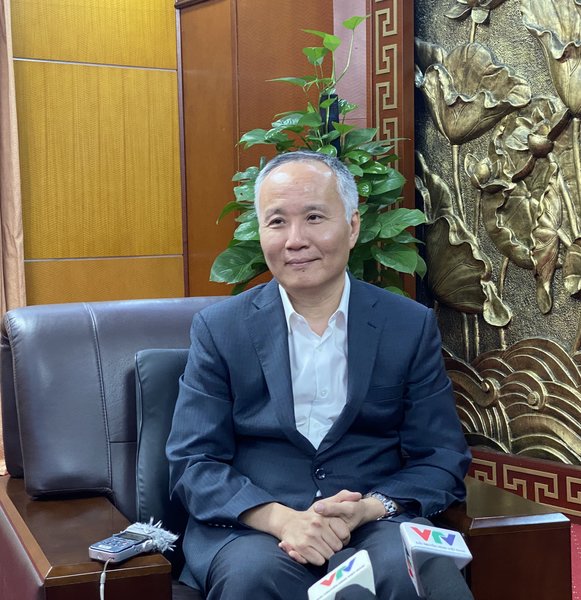
Vice Minister of Industry and Trade Tran Quoc Khanh. Source: MoIT.
|
If Vietnam continues to export rice with the same pace as it did in the first two months of 2020, the country may face a shortage of this essential food, Khanh said in an interview local media on March 25.
The inteview took place shortly after the Government Office on March 25 issued the instruction of Prime Minister Nguyen Xuan Phuc on evaluating current rice export and supply. One day earlier, the General Department of Vietnam Customs (GDVC) requested municipal customs authorities to halt rice export as suggested by the Ministry of Industry and Trade (MoIT).
However, the MoIT has now sought Prime Minister’s decision to resume rice export, citing inconsistent data between what the ministry had obtained and that provided by local enterprises.
Khanh added the MoIT would double check the data before making the final decision on rice export.
According to Khanh, the Covid-19 pandemic is causing severe consequences globally and leading to growing demand of basic necessities, including rice.
In the first two months of 2020, Vietnam exported 928,798 tons of rice, up 31.7% year-on-year, in which shipments to some markets surged sharply, including Malaysia with 149%, or China with 595%.
Meanwhile, the Mekong Delta is suffering saltwater intrusion that damaged tens of thousands of hectares of paddy fields.
“Vietnam could face risk of rice shortage if it continues to export rice at the same pace as in the last two months,” Khanh stressed.
In case the pandemic persists for a longer period, Vietnam has national reserves to prevent food shortages, Khanh assured.
Khanh explained that current regulations require traders to regularly retain at least 5% of the volume of rice exported in the previous six months. If enterprises strictly follow the law, Vietnam would have an addition amount of rice reserves.
The MoIT is committed to ensuring no shortage of rice in any province or city, Khanh affirmed.







